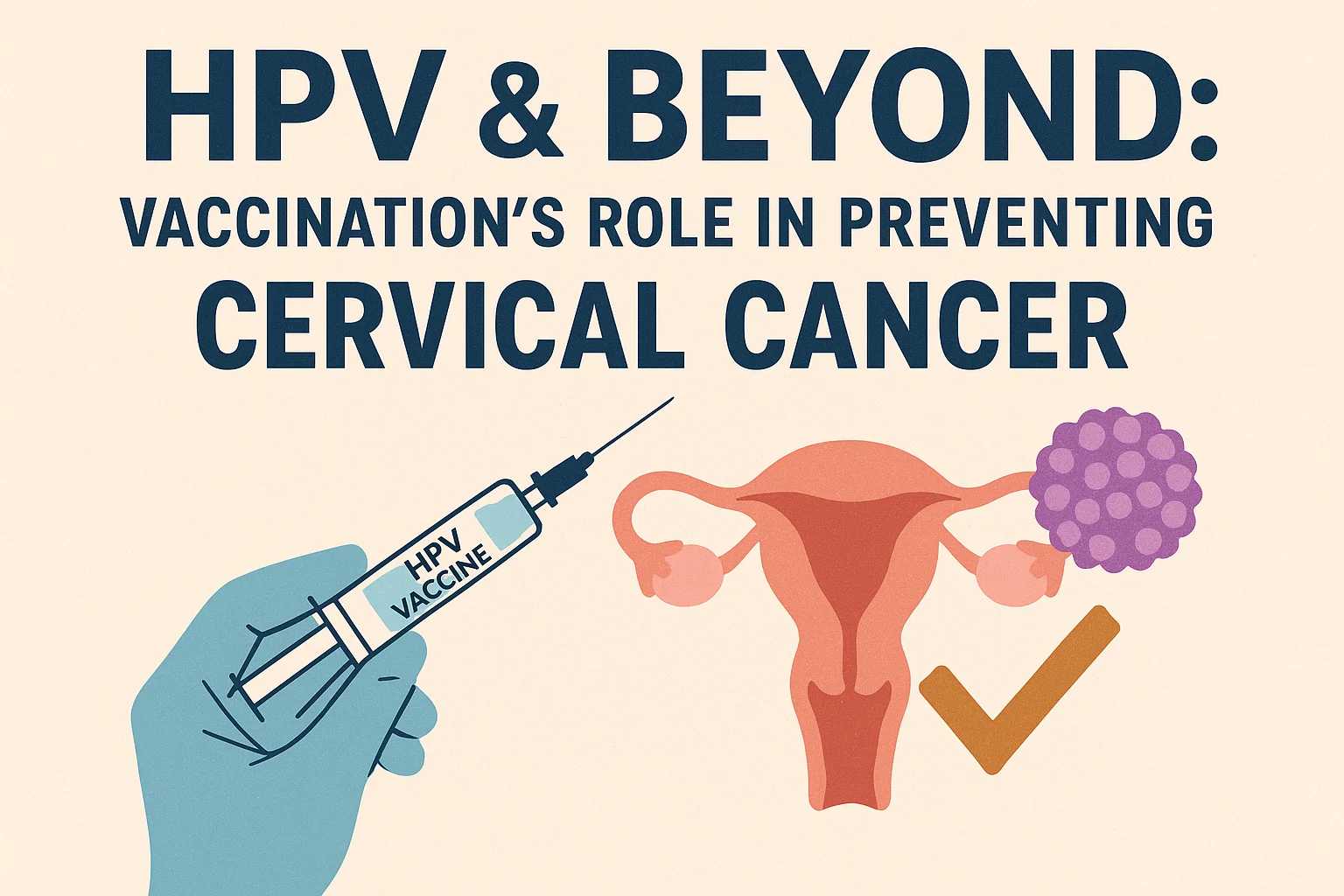Cervical cancer is one of the most common cancers affecting women worldwide, yet it is also one of the most preventable. The introduction of the HPV vaccine has transformed the way we look at prevention, offering women and young girls a powerful shield against HPV cervical cancer. But what exactly is HPV, what causes it, and how does vaccination help protect women from this silent threat? Let’s explore in detail.

